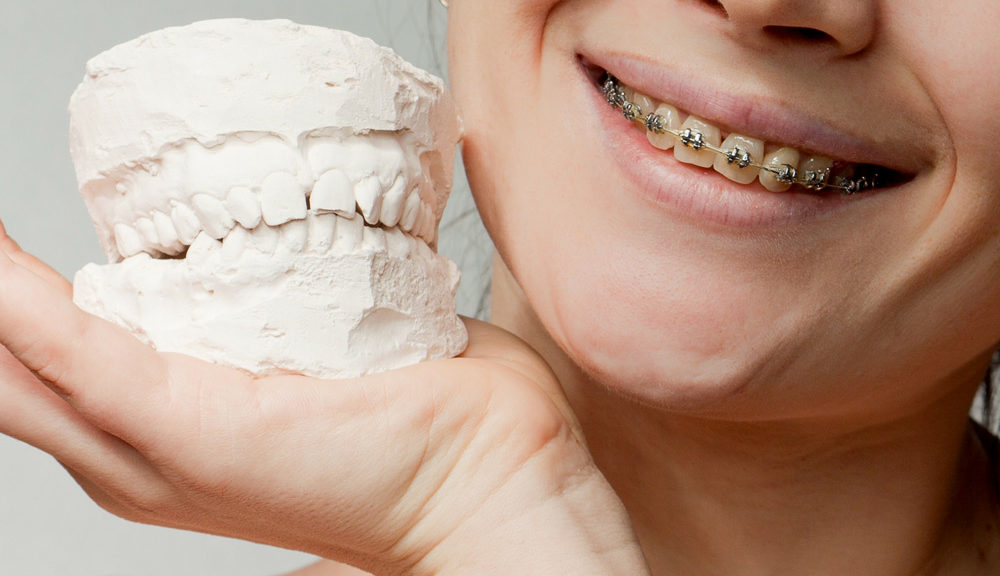
Between 10 and 30 per cent of the population suffers from bruxism, the practice of grinding your teeth against one another. Over time, this habit can cause enamel erosion, leading to damaged teeth, jaw disorders and other dental problems. Typically attributed to stress and anxiety, there is another common cause of bruxism: misalignment of your jawbones. While we should all be taking steps to reduce our stress levels, this is often easier said than done and can never be entirely eliminated from our modern lives. However, with iSmile Orthodontics, most alignment issues causing bruxism can be treated successfully with braces, retainers and night guards.
Do I Have Bruxism?
Many of us suffer from bruxism in our sleep. It is often an unconscious response to stress and/or poorly aligned teeth. Therefore, the question ‘do I have bruxism?’ is entirely valid and you may not be able to answer it yourself. A visit to an orthodontist or dentist will provide an answer because a medical expert will be able to diagnose sufferers of bruxism even if you don’t remember grinding your teeth. Parents can identify bruxism in their children by listening out for the noise of grinding when they are sleeping. Meanwhile, you may notice your partner grinding their teeth at night. Look out for the following symptoms to discover if you may be suffering from bruxism:
What Happens If Bruxism Isn’t Treated?
Bruxism leads to the wearing away of your enamel as you grind your teeth against one another, damaging this important and protective surface. Enamel is your tooth’s first defence against corrosive food and drink which can cause decay. Weakening the enamel often leads to complex, lengthy, uncomfortable and expensive dental treatment. This can include root canals, crowns and extractions. Beyond your teeth, bruxism also damages your jaw joint and can develop into temporomandibular joint disorders. People suffering severely from bruxism and who are grinding their teeth for hours every night may also see a change to the shape of their face as the muscles develop and strengthen.
How Can Braces Help?
Not everyone who suffers from bruxism requires braces. However, people who suffer from a malocclusion (misaligned jaws), the straightening of teeth often sees a significant reduction in their grinding habit. Overlapping teeth, overbites and underbites can lead to more severe enamel erosion so moving these teeth into their correct alignment protects your teeth and jaw health overall. Of course, with your new straight smile, you’ll also see a confidence boost and perhaps some of those stress and anxiety factors which may also contributed to your bruxism can reduce too.
What Now?
In some cases, orthodontics cannot help but we can recommend alternative solutions including night guards to protect your teeth. If you think you or your children may suffer from bruxism or would like to find out more about how orthodontic treatment may improve your oral health, contact iSmile Orthodontics today.
(03) 9466 8484
Level 1, Suite 5, 93-97 Plenty Road, Bundoora VIC 3083
(03) 9466 8484
58 Mernda Village Drive, Mernda, VIC 3754
(03) 9307 9370
92 Inglewood Drive, Burnside Heights, VIC 3023